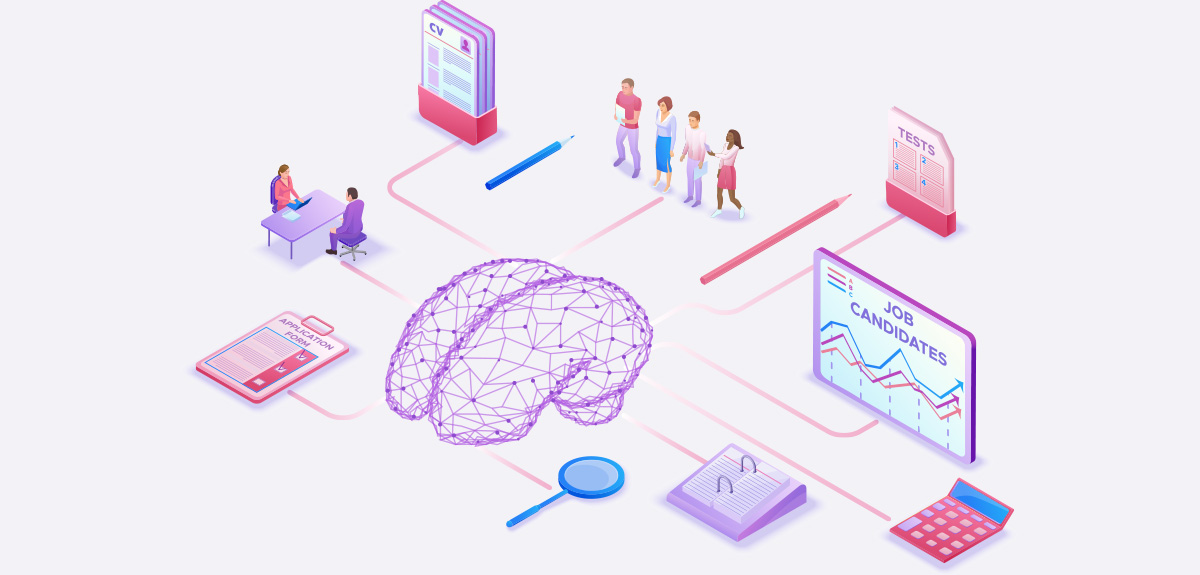AI Quant
Data Science AI Platform
We research AI-driven
technologies to efficiently
increase our client’s assets.

Intro
Humans sometimes make decisions and take action based on their emotion rather than logical reasoning. Wrong decisions can come out of basing those decisions only on one’s learning and experiences with data that is both biased and partial. This is especially true of financial investments. A person’s understanding of only the data that he or she knows and emotional judgment can easily lead to failed investments, which often result in financial loss.
An area known as “Quant” is increasingly in the spotlight as a mode of investment that uses data and mathematical and statistical methods that can potentially solve this problem.
Quant is short for “quantitative analyst” and refers to someone engaged in the work of analyzing, predicting the financial markets and using math and statistics to create investment strategies.
The financial sector is experimenting with more applications of recent radical developments in AI, with AI Quant emerging as the most representative.
Thanks to the advancement of AI Quant, humans can process even the wide range of data that they cannot perceive themselves and better understand and predict complicated financial markets.

The Knowledge Funnel
- 01 Mystery
- 02 Heuristic
- 03 Algorithm
What is AI Quant?
The scope of AI Quant research is usually divided into four areas: data engineering, quantitative investment algorithms, portfolio management, and market prediction.
-
 Data Engineering
Data Engineering
- · Data Preprocessing
Synthetic Data Generation
- Structured Data
- Alternative Data
-
 Quantitative Investment Algorithm
Quantitative Investment Algorithm
- · Alpha / Beta Strategy
- · Performance Evaluation
& Analysis - · Monitoring
-
 Portfolio Management
Portfolio Management
- · Asset Allocation
- · Portfolio Optimization
- · Rebalancing
- · Investor Universe
Selection
- Backtesting System
- Parameter Optimization
-
 Market Prediction
Market Prediction
- · Financial Time Series
Forecasting - · Regime Detection
In data engineering, we utilize a variety of alternative sources such as social media and news, in addition to traditional financial sources, to uncover needed data faster and more accurately than others. In the field of quantitative investment algorithms, we utilize statistical and mathematical methods and AI algorithms in our research to develop and verify suitable algorithms for investment decisions in the financial market. These algorithms have an important part to play, analyzing market data to identify investment opportunities and making investment decisions accordingly. In portfolio management, we optimize asset allocation and portfolio construction to meet investors’ goals and risk preferences. Through the use of quantitative methods and AI technologies, we aim to provide tailored solutions for investors, including in relation to risk management, asset allocation, and return optimization strategies. In market forecasting, we focus on predicting future trends in the financial market and price fluctuations. Through data analysis, statistical inference, and AI algorithms, we interpret the complex structure of the market, and the dynamic changes within it, in our quest to more accurately predict future market conditions. Academically, AI Quant is where financial engineering and artificial intelligence meet. We focus on gaining a deeper understanding of the financial market through the use of a variety of data and providing tailored information and strategies to investors.
Future Research
HIT researches AI Quant technologies towards efficiently increasing customer assets.
Special focus is given to developing investment algorithms that produce robust profit regardless of changes in economic circumstances, while minimizing customer losses.
We are also working on a personalized algorithm that recommends a portfolio most suited to the investor’s current situation. Ultimately, our goal is to help customers build up their assets and prepare for a financially-sound retirement.
In the future, the focal point of change will be the financial market’s ability, using objective figures obtained through math and statistics, to increase the probability of winning. HIT will continue to explore methods that have the highest potential for effectively utilizing advantageous situations.
